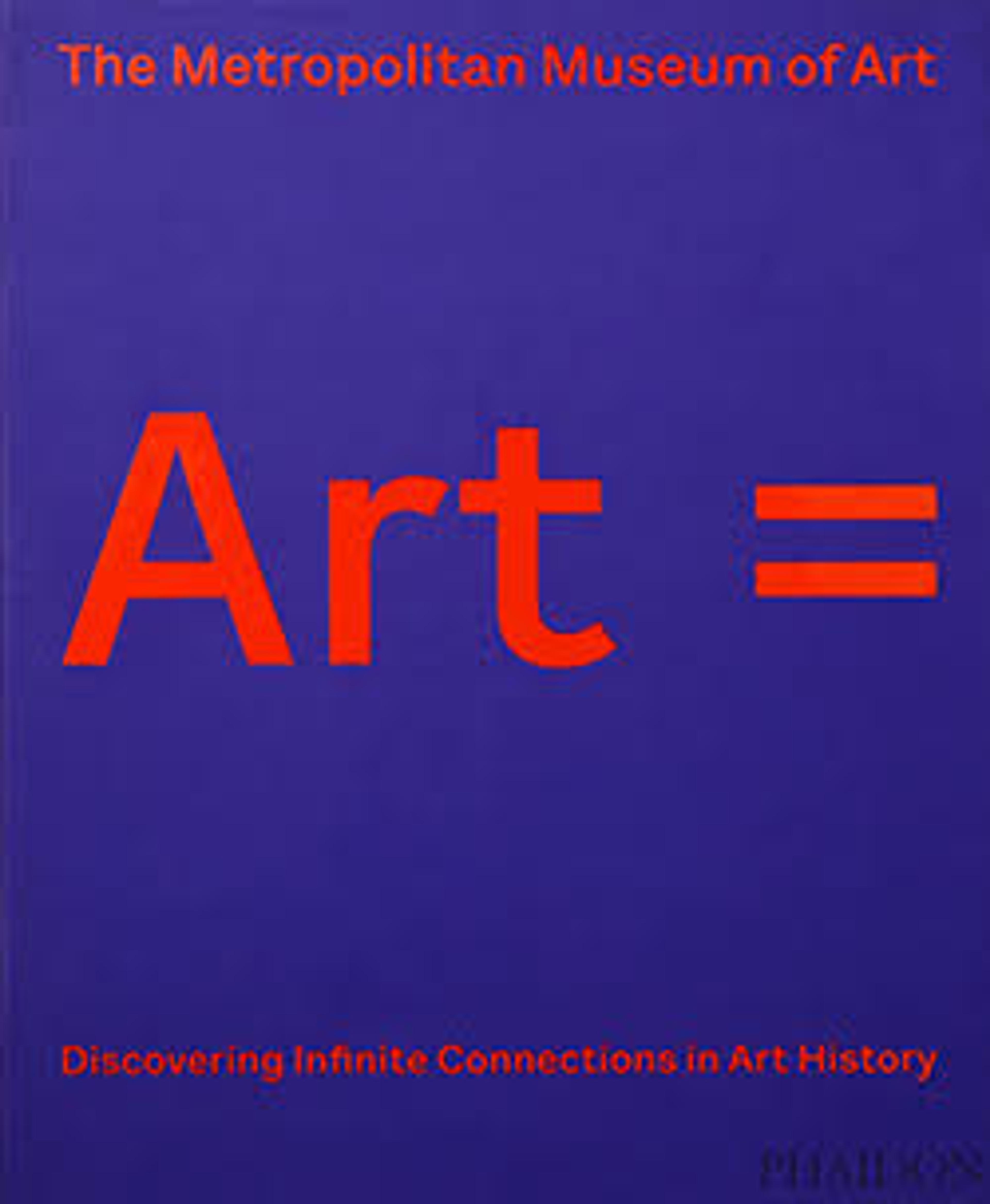Oedipus and the Sphinx
The legendary Greek prince Oedipus confronts the malevolent Sphinx, who torments travelers with a riddle: What creature walks on four legs in the morning, two legs at noon, and three legs in the evening? Remains of victims who answered incorrectly litter the foreground. (The solution is the human, who crawls as a baby, strides upright in maturity, and uses a cane in old age.) Moreau made his mark with this painting at the Paris Salon of 1864. Despite the growing prominence of depictions of everyday life, he portrayed biblical, mythological, and imagined stories. His otherworldly imagery attracted a younger generation that included Odilon Redon and Oscar Wilde.
Artwork Details
- Title:Oedipus and the Sphinx
- Artist:Gustave Moreau (French, Paris 1826–1898 Paris)
- Date:1864
- Medium:Oil on canvas
- Dimensions:81 1/4 × 41 1/4 in. (206.4 × 104.8 cm)
- Classification:Paintings
- Credit Line:Bequest of William H. Herriman, 1920
- Object Number:21.134.1
- Curatorial Department: European Paintings
Audio
6002. Oedipus and the Sphinx
0:00
0:00
We're sorry, the transcript for this audio track is not available at this time. Please email info@metmuseum.org to request a transcript for this track.
Listen to more about this artwork
More Artwork
Research Resources
The Met provides unparalleled resources for research and welcomes an international community of students and scholars. The Met's Open Access API is where creators and researchers can connect to the The Met collection. Open Access data and public domain images are available for unrestricted commercial and noncommercial use without permission or fee.
To request images under copyright and other restrictions, please use this Image Request form.
Feedback
We continue to research and examine historical and cultural context for objects in The Met collection. If you have comments or questions about this object record, please contact us using the form below. The Museum looks forward to receiving your comments.
